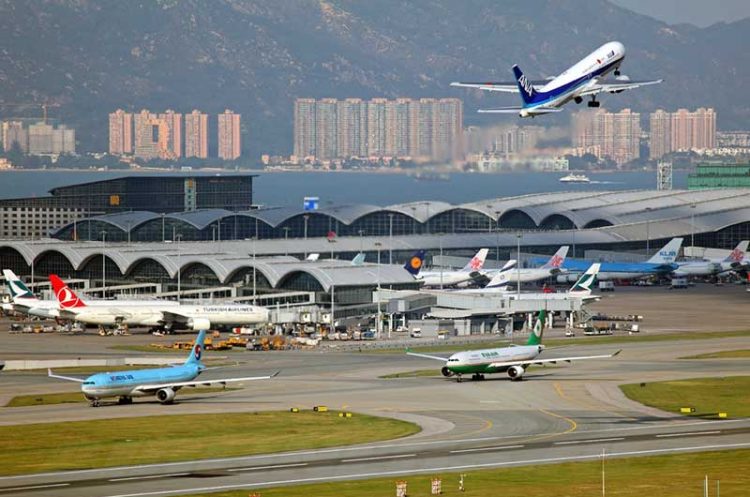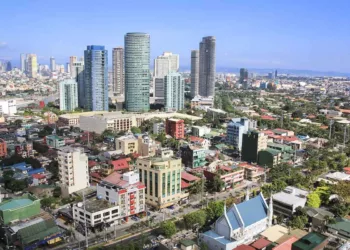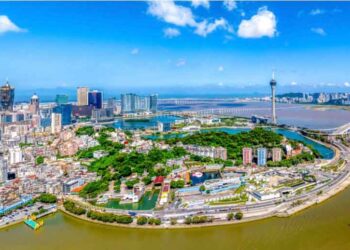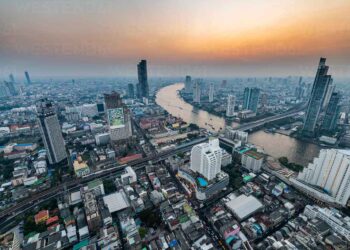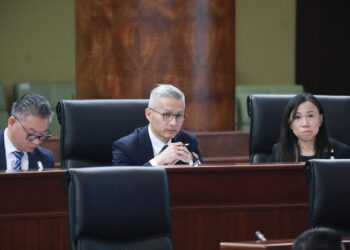The Hong Kong government has announced that from Monday, its airport entry isolation measures have changed to “0 + 3”, meaning arrivals no longer need to enter hotel quarantine. They will instead only be subject to a short three-day period of home surveillance during which time they can go to work but cannot enter restaurants and shopping malls.
Hong Kong Chief Executive John Lee also said during a press conference that, “Visitors to Hong Kong do not need to submit proof of nucleic acid testing when boarding the plane. Only one test is required upon arrival in Hong Kong and visitors can leave directly after the test, they do not need to wait for the results at the airport.”
They will, however, be required to conduct a RAT test on each day of home surveillance. If negative, their health code will be changed from yellow to blue for free passage upon completion.
At the same time, the “Return2hk” and “Come2hk” systems for arrivals from Mainland China and Macau will no longer be subject to quotas.
Hong Kong is now almost at the stage of living with COVID. There were 5,990 confirmed cases in Hong Kong on Thursday, including 746 confirmed cases reported by schools. However, Hong Kong is relaxing its entry testing measures as the outbreak emerges.
In early September, the International Dragon Boat Federation decided to cancel the World Dragon Boat Championships in Hong Kong and hold them in Thailand instead. Subsequently, a number of business indentities in Hong Kong voiced their hope that the government would change its epidemic prevention policy, otherwise it would be difficult for Hong Kong to compete with other parts of the world.
The Hong Kong government’s expert adviser on epidemic prevention, Professor Yuen Kwok-yung, recently pointed out that Hong Kong is “fully equipped” to return to normal and said the virus has become endemic.
However, neighboring Macau continues to take a different approach to Hong Kong, even with its economic situation in freefall.
At a press conference on the outbreak in Macau on Thursday, officials from the Health Bureau pointed out that the government has no intention of relaxing its “7+3” measures for the time being.
“If there is no need for isolation after entry, it is inconsistent with the current approach to epidemic prevention,” the Bureau said.
The Macau government insists that its epidemic prevention policy is “external prevention of importation and internal prevention of rebound.”






